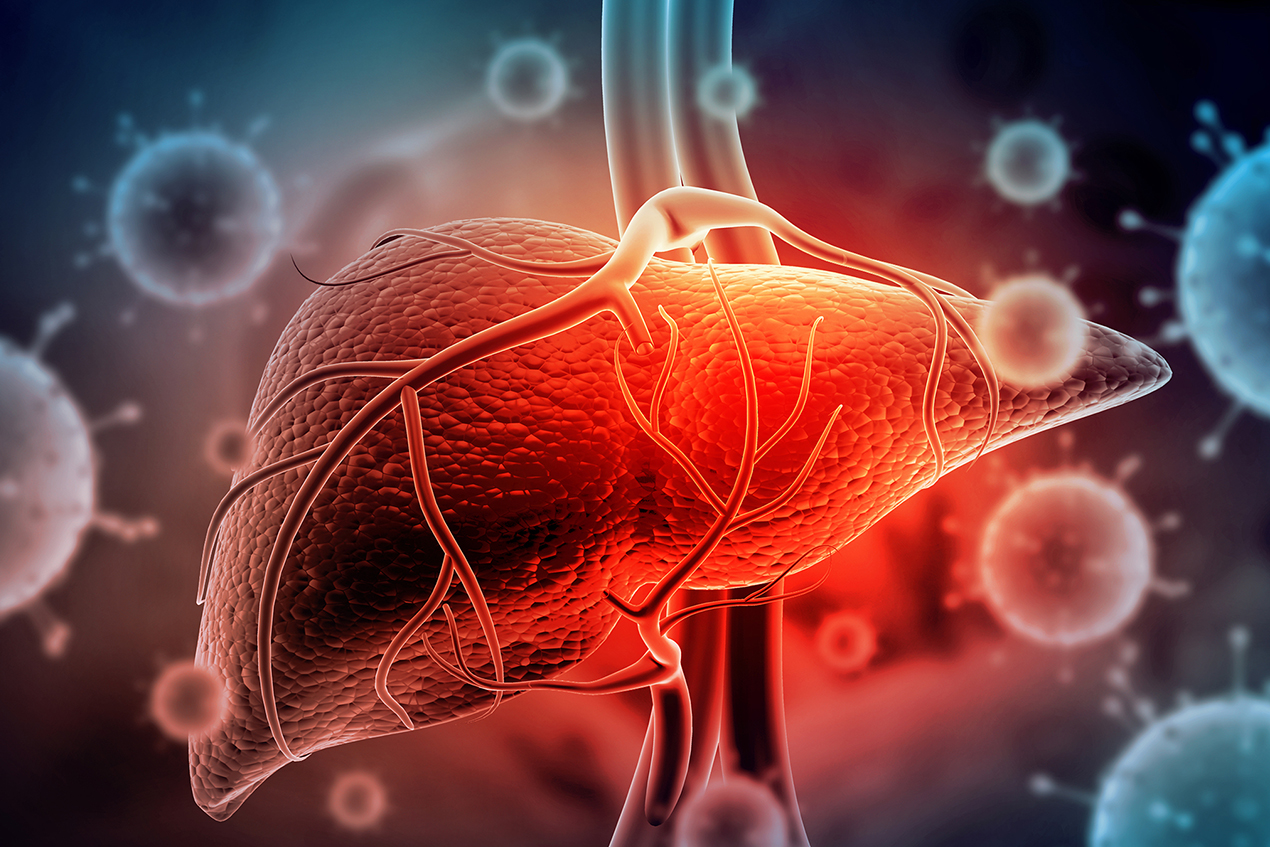When cholesterol is high, it leads to inflammation and scarring of the liver. In some cases, this scarring leads to cirrhosis.
Now, new research from the Keck School of Medicine of USC adds further details on how this happens. Using mice, the first-of-its kind study discovered that a high-cholesterol diet creates long-lasting dysfunction in the immune cells that help prevent fatty liver disease. The researchers also found that the dangerous scar tissue resulting from the disease can persist even after switching to a diet low in cholesterol.
The study was published in Frontiers in Immunology.
For additional details on the study, click here.


